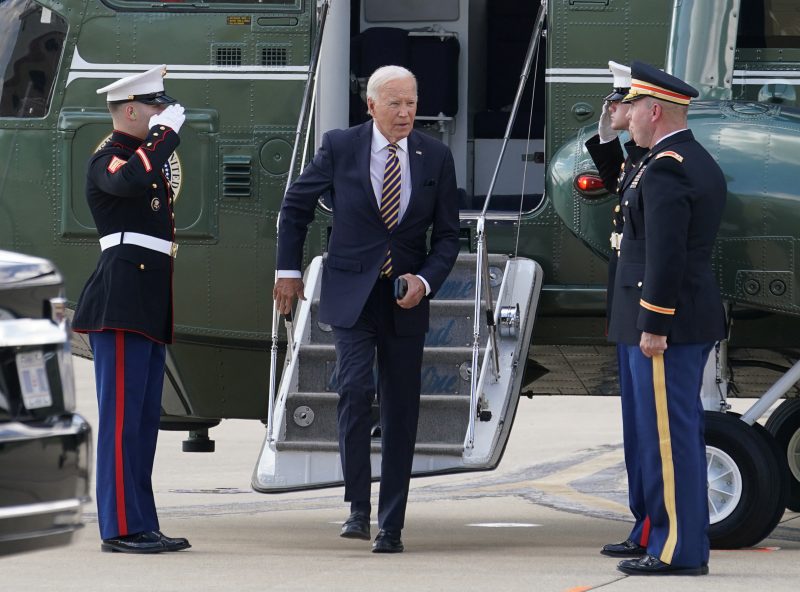The recent events in the Middle East have once again highlighted the geopolitical tensions that plague the region, casting a shadow over the proceedings of the United Nations General Assembly and President Biden’s final big U.N. meeting. As world leaders convene to discuss pressing global issues, the complex dynamics of the Middle East have taken center stage, with escalating tensions between regional powers threatening to destabilize the already volatile region.
The Middle East has long been a hotbed of political, religious, and territorial conflicts, with deep-seated rivalries and historical grievances often fueling ongoing disputes. The recent developments in Afghanistan, particularly the Taliban’s resurgence and the chaotic U.S. withdrawal, have created a power vacuum that regional actors are scrambling to fill. Countries like Iran, Saudi Arabia, Turkey, and Israel are all vying for influence and control in the vacuum left by the U.S. withdrawal, leading to heightened tensions and potential flashpoints.
One of the key flashpoints in the region is the escalating conflict between Israel and Iran. The two countries have long been arch-rivals, with Israel viewing Iran as an existential threat due to its nuclear ambitions and support for anti-Israel proxies like Hezbollah and Hamas. The recent assassination of a top Iranian nuclear scientist, widely believed to be the work of Israeli agents, has further strained relations between the two countries, with Iran vowing revenge and Israel maintaining a defensive stance.
In addition to the Israel-Iran rivalry, other regional conflicts are also simmering beneath the surface, waiting to erupt at any moment. The ongoing civil war in Syria, the volatile situation in Iraq, and the longstanding dispute between Saudi Arabia and Iran for regional dominance are all potential flashpoints that could escalate into full-blown conflicts, with devastating consequences for the region and beyond.
Amidst these escalating tensions, President Biden faces the daunting task of navigating the complex geopolitical landscape of the Middle East. His administration has signaled a desire to reengage diplomatically with Iran and other regional powers, in an effort to de-escalate tensions and find peaceful solutions to ongoing conflicts. However, the road to diplomacy is fraught with challenges, as hardline factions within countries like Iran and Israel pose significant obstacles to meaningful dialogue and compromise.
As world leaders gather at the United Nations General Assembly, the specter of conflict in the Middle East looms large, reminding the international community of the urgent need for diplomatic efforts to defuse tensions and prevent further escalation. The stakes are high, with the potential for regional conflicts to escalate into wider conflagrations that could have far-reaching consequences for global security and stability. It is imperative that world leaders seize this opportunity to address the underlying causes of conflict in the Middle East and work towards peaceful resolutions that promote stability, security, and prosperity for all countries in the region.
